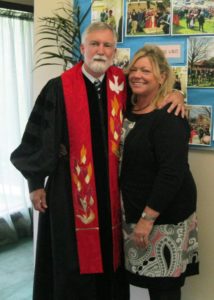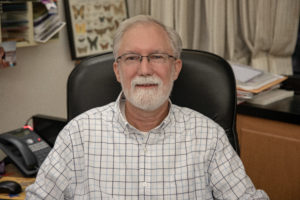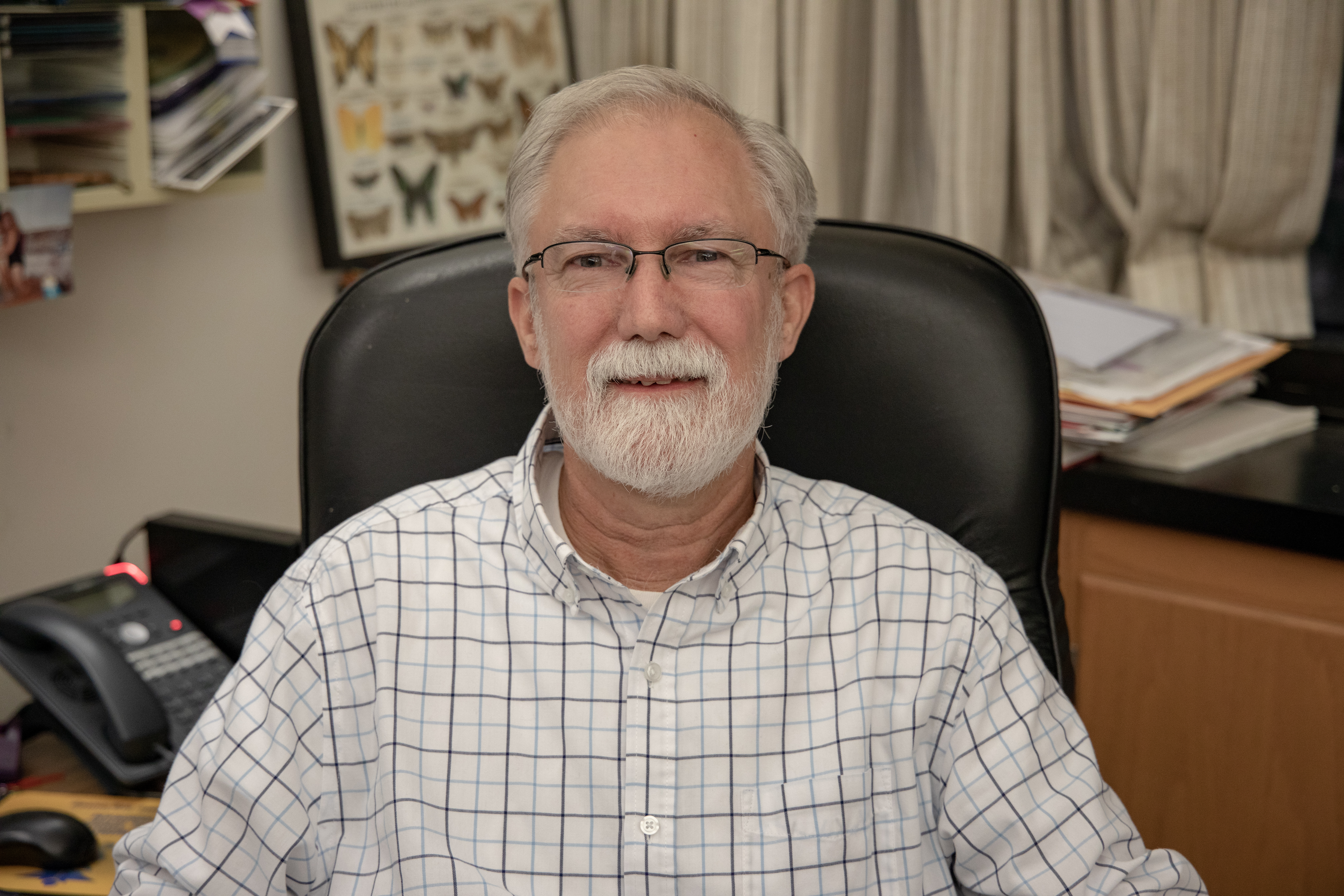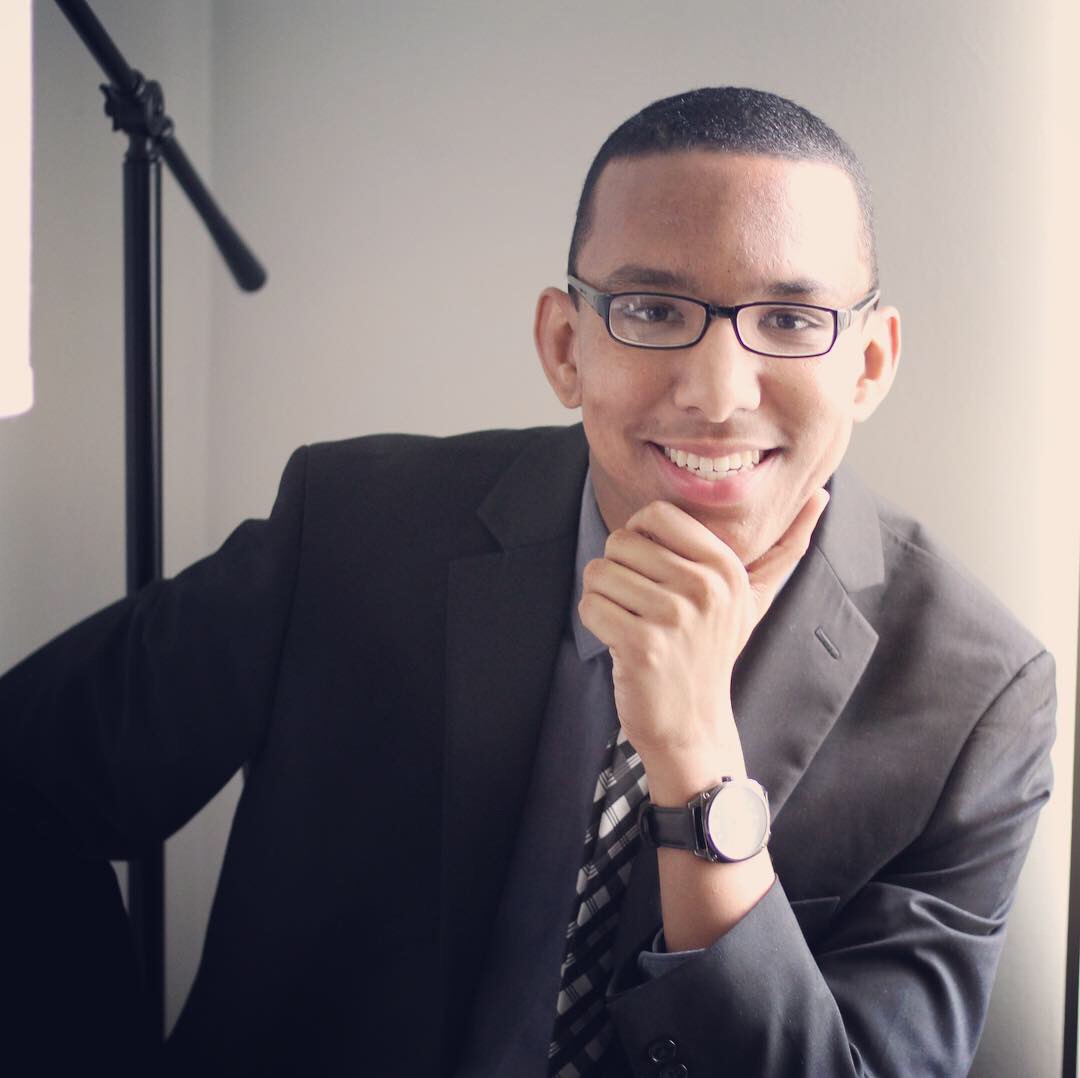Religion and science. Many say that these two things have a water and oil relationship; that they don’t mix at all — but that isn’t necessarily the case.
Dr. Kerry Cheesman, biology professor, explains that there isn’t a division between them, but actually an interdependence; a convergence into one larger meaning.
“That’s something that I struggled with when I was in college. Whether to go the route of science or theology,” Cheesman said.

An academic and spiritual journey eventually led him to an enlightened viewpoint about the two fields.
Cheesman grew up in Santa Barbara, California where he attended college before moving to Chicago to do graduate work. He obtained his PhD at the University of Illinois Medical Center, and has been teaching at Capital for 25 years.
No matter where he’s lived, Dr. Cheesman has been heavily involved in church work. Teaching is his full-time job, but he’s also a Baptist pastor on the side. When he’s not doing either of these, he loves taking pictures of nature.
“For me, nature is one of the places where biology and theology come together,” said Cheesman. “You really see the face of God in every one of those animals that are out there, and their stories. Whether it is a cute, cuddly animal, or the ugliest one you’ve ever seen, it’s still a marvelous creation.”
Cheesman explained that he’s always been fascinated with the scientific process of asking questions and finding answers. He believes theology does this too. They may ask slightly different questions, but he sees them as coexisting in the same realm of finding human purpose in this vast universe.
“The two of them compliment each other. Religion is asking questions about who and why,” Cheesman said. “Science is asking questions about how and when. You put those together, and you get a much better picture and much better answers than you do with either one.”
He then talked about how the Bible ties into the Big Bang theory and the history of evolution that followed. He says that most of our evolutionary theories came from scientist theologians, and that it was only recently that there was a separation between the two academic studies.

“There is no conflict unless you make certain assumptions, like if you assume that the 7 days of creation in the Bible are literally 24 hour days, which it was not written to mean,” Cheesman said. “If one assumes that at the beginning, then yes, you generate a controversy, because now you’re talking days versus millions of years.”
Cheesman said that the Bible was not written to be a scientific book, and that stories such as Genesis should be read as poetry to understand what exactly is being addressed. He sees that the order of creation in the Bible matches up perfectly with the order in the Big Bang theory and the concept of evolutionary theory.
“The brains that God gave us, he gave to us for a reason, and we need to use them,” said Cheesman. “God gave us the ability to explore the human body, to explore nature, to delve deeper and deeper into it and find things.”
One of Cheesman’s all-time favorite quotes comes from Francis Collins, who led the Human Genome Project. The quote is, “The God of the Bible is also the God of the genome. He can be worshipped in the cathedral or in the laboratory.”


